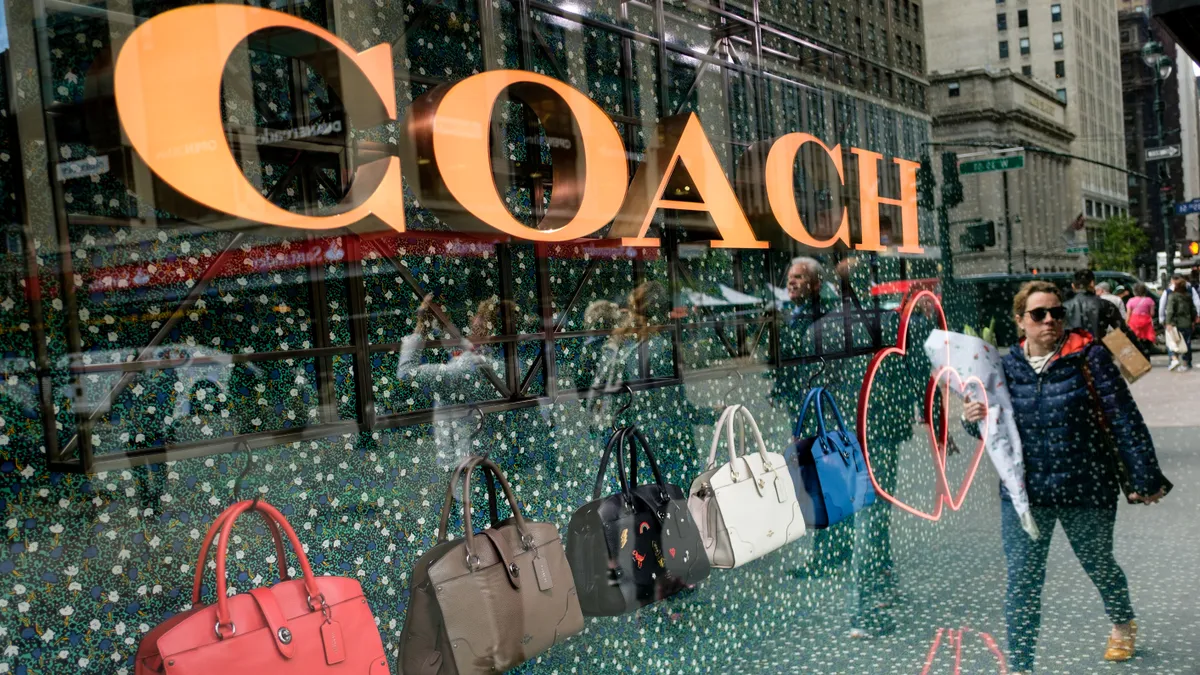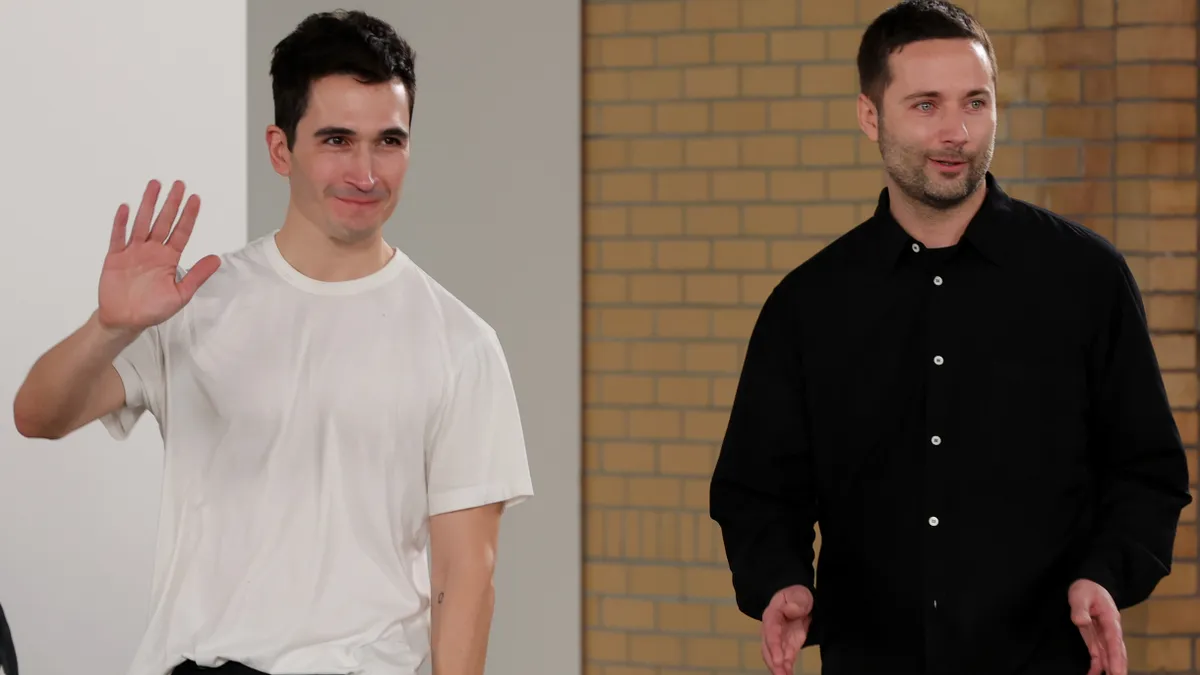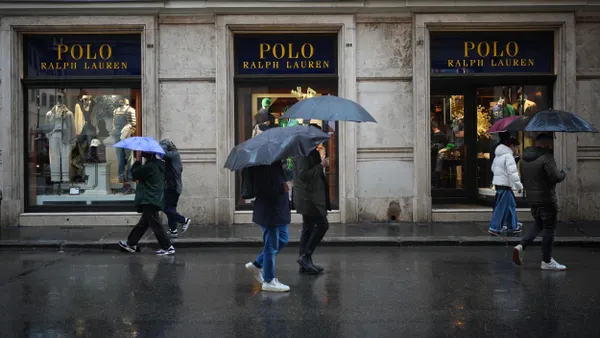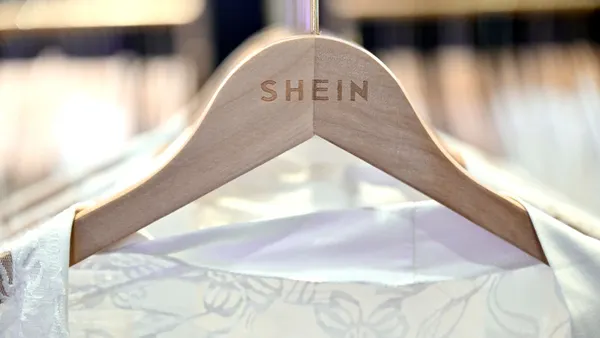The Federal Trade Commission said Monday it was suing to block Tapestry’s $8.5 billion acquisition of Capri Holdings.
The FTC stated the proposed deal, which would combine Tapestry’s Coach and Kate Spade brands and Capri’s Michael Kors brand, would “eliminate fierce competition between the two companies.” It also stated the merger would give Tapestry “a dominant share of the ‘accessible luxury’ handbag market, a term coined by Tapestry to describe quality leather and craftsmanship handbags at an affordable price.”
“The proposed merger threatens to deprive millions of American consumers of the benefits of Tapestry and Capri’s head-to-head competition, which includes competition on price, discounts and promotions, innovation, design, marketing, and advertising,” the FTC’s announcement stated. “The deal also threatens to eliminate the incentive for the two companies to compete for employees and could negatively affect employees’ wages and workplace benefits.”
After the merger, the FTC said the combined Tapestry and Capri would employ about 33,000 people.
Capri Holdings released a statement disagreeing with the FTC’s decision.
“The market realities, which the government’s challenge ignores, overwhelmingly demonstrate that this transaction will not limit, reduce, or constrain competition,” Capri stated. “Tapestry and Capri operate in the fiercely competitive and highly fragmented global luxury industry. Consumers have hundreds of handbag choices at every price point across all channels, and barriers to entry are low.”
Capri said it will “vigorously defend this case in court alongside Tapestry” and plans to complete the acquisition.
“The U.S. FTC is the only regulator that did not approve this transaction, which received required approvals from all other jurisdictions,” Capri stated, noting the merger had previously cleared regulators in the European Union and Japan. “We remain confident in this combination and the value it will bring to all stakeholders.”











